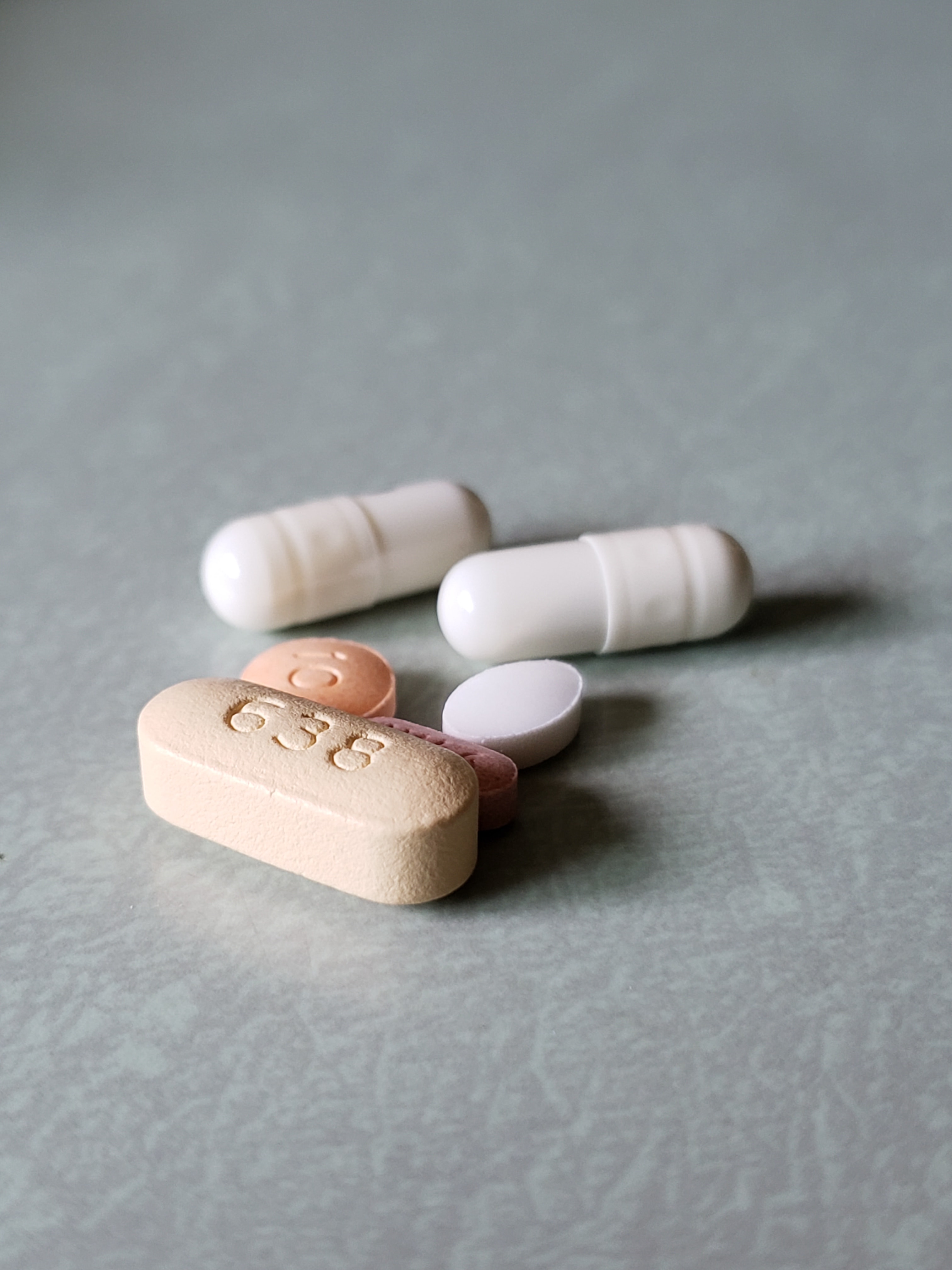Alabama plans to ban an antidepressant commonly sold at convenience stores and online because of its opioid-like effects.
The Alabama Department of Public Health is moving to ban Tianeptine, a popular antidepressant that can cause the same side effects as opioids in high doses. The drug has not been approved in the United States as a treatment for depression, State Pharmacy Director Nancy Bishop said, but it has been in other areas of the world, such as Latin America, Europe and Asia.
“The dose for depression is very low but when taken in high doses, the drug produces a high and euphoric effect similar to opioids and can lead to dependence,” Bishop said. “It is taken as an opioid substitute or to eliminate opioid withdrawal symptoms and can be purchased at convenience stores and online as a dietary supplement.”
The drug has the potential to be misused recreationally in large doses, which is why the State Committee of Public Health, with the help of the Alabama Department of Public Health, moved to categorize tianeptine as a Schedule II drug, a category that includes addictive medications such as morphine and hydrocodone.

According to the Centers for Disease Control and Prevention (CDC) and the National Poison Data System (NPDS), tianeptine exposure calls to U.S. poison control centers increased from 2014 to 2017. The agencies warn, “Several case reports showed that tianeptine toxicity mimicked opioid toxicity and that naloxone was an effective therapy. Tolerance to tianeptine and withdrawal have been reported [and] Neonatal abstinence syndrome mimicking opioid neonatal abstinence syndrome has occurred after tianeptine dependence during pregnancy.” The findings show the potential for tianeptine to become a public health issue.
In general, the data found, “Among the 105 exposure calls for which level of care was reported, 46 (44%) persons were treated, evaluated, and released from the ED, and 25 (24%) were admitted to a critical care unit. Among the 93 tianeptine-only exposures with a known medical outcome, 50 (54%) had moderate outcomes. No deaths were reported.” Serious side effects associated with major outcomes included neurologic, cardiovascular, and gastrointestinal signs and symptoms, mimicking opioid toxicity and withdrawal.
“While the drug has been on the state’s radar for several years, it was about two years ago there was a noticeable increase in reports of people abusing it, including from emergency rooms treating people intoxicated from it or experiencing withdrawals,” said State Health Officer Dr. Scott Harris. “Some people have claimed they are trying to treat an opioid addiction by taking it.”
Tianna, Tianna Red, Tianna Green and Tianna White, sold at party stores and online, contain tianeptine as the active ingredient and, health officials warn, the drug is fairly easy to come by.
“If you go in just about any convenience store in Alabama, it’s there,” Harris said.
Alabama’s House Bill 6 follows in the shoes of Michigan, which banned the drug in 2018. Alabama Rep. Mike Holmes, R-Wetumpka, sponsored the legislation. Sen. Arthur Orr, R-Decatur, said, “I’m pleased to see Dr. Harris and the state board move to add this substance to the list of Schedule II drugs in Alabama and have confidence that this is a good step for our state.”
Sources:
State moves to ban drug that mimics opioids
State moves to ban antidepressant sold in convenience stores, can mimic opioids


Join the conversation!